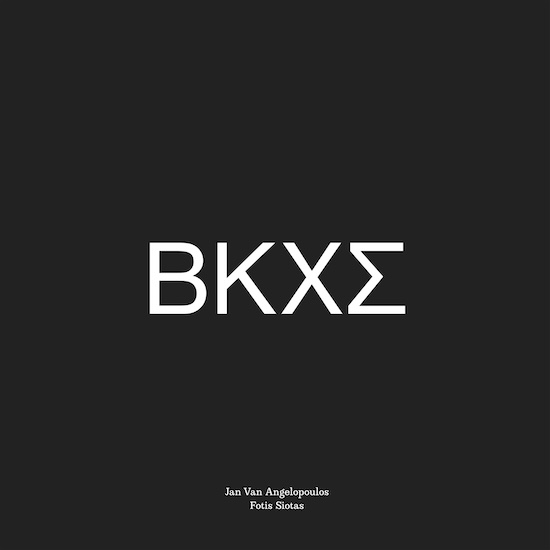Tradition is a bit of a dirty word: it immediately conjures up the dead hand of the conservative, grey in the face, murmuring their sad little litanies of purity and violence. It’s a scary word, even, because it’s used to discredit the very lives of those who fall outside of the traditional: the non-white, the non-cis, the non-male, the non-sane. A crowd so populated it feels odd to call it “minority”.
But traditions (in the plural) are a repository of strange mores and costumes that put into question the solidity of what we think and what we are. They are the polar opposite of the mummified tradition of the conservative. Folklores, legends and fairytales often speak of humanities totally different from the one we know. They tell the tale of weird hybrids, great transgressions and things lost to fire and time. What the conservative calls tradition looks like an industrially manufactured toy in comparison: fake, plasticky, pretty underwhelming. The past is just as alien as the future.
Jan Van Angelopoulos and Fotis Siotas know this very well and they’ve given a practical demonstration in their new record, BKXS.
The record is openly inspired by The Bacchae, a Greek tragedy written in 407 BC by Euripides. The tracks reflect on the nature and function of various characters from the tragedy. BKXS reaches back in time to extract mysterious sounds and arcane fascinations. It works along with the classics to unearth the weirdness buried deep in our collective psyche.
The duo’s work feels like an excavation all the way through, actually. The drums, synths, cello, and effects that make up the main sonic palette of the whole thing feel… I don’t know… earth-y? I’d like to say dirty, but as in hands that worked their way through moist soil. You get what I’m saying.
A feeling which is everything but unintentional. The record feels like a literally underground thing. First and foremost, because it was recorded underground: the album was physically recorded in a cellar of Sclavos winery in Kefalonia. And the chthonic atmosphere bleeds through every track, giving the sense of bearing witness to the resurrection of something long gone. Something you can neither grasp or fully comprehend. Jan Van Angelopoulos and Fotis Siotas understand tradition as something alien and psychedelic – and they play their tunes accordingly.
But all these references to the traditional and the arcane should not lead you to believe that this is a boring or a dark record. It is quite the opposite: it’s a party in the underworld. In fact, the whole point of the duo is to use the magickal charm of the tragedy and turn it into this ecstatic celebration. The moments which are most striking are those in which the Bacchae clash with the synth sounds of the present.
Overall, it is a very fun records that toys with the profundity of human history and myth: let’s dance with the dead.


